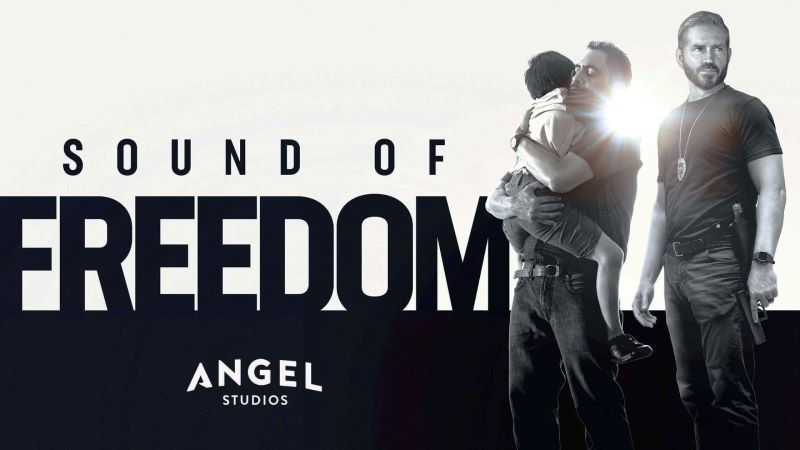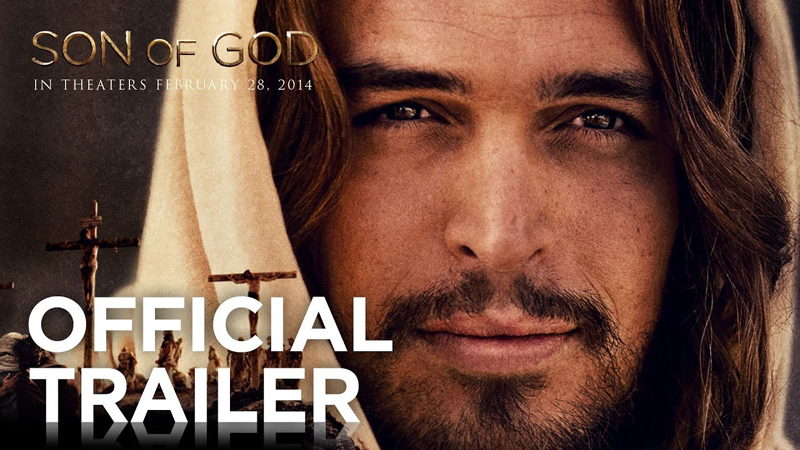
Child trafficking drama “Sound of Freedom” emerged as a surprise independent-caliber blockbuster, and is unwittingly a lightning rod for culture wars/political buzz.
The $15 million production has grossed $66 In domestic boxoffice as of July 14 (10 days in release) and is rated PG-13. Most indie films would be happy with half that for final U.S./Canada boxoffice, and “Sound of Freedom” is still going strong ranking No. 2 of all theatricals domestically.
Its distributor, Utah-based Angel Studios, marketed heavily to faith-based audiences, which electrified ticket sales. The film drew praise from conservatives but also got zapped by left-leaning pundits.
Critics apparently saw a political subtext critical in the film’s based-on-a-true story human trafficking plot. In the movie (and real life), a disillusioned Homeland Security agent goes independent to rescue trafficked children in third-world countries after being frustrated by U.S. government efforts.
The robust boxoffice is a great signal for cinema general, because it indicates a return post-pandemic of the faith demographic — people strongly influenced by traditional religion. The faith demo is clearly back to cinema with “Sound of Freedom” and low-budget drama “Jesus Revolution” starring Kelsey Grammar, which grossed a decent $53 million worldwide recently for Lionsgate.
Cinema skeptics had said that only the youth demo embracing glossy extravaganzas was returning to cinema in the aftermath of the Covid-19 calamity. But the list of demo revivals keeps growing. Other recent cinema hits powered by other demographics include Walt Disney Studios’ “The Little Mermaid” (females), “Where the Crawdads Sing” (older females), “Elvis” (a broad audience), and “Cocaine Bear” (adults), with a list that keeps growing.
Courting the faith audience is less expensive than normal marketing, which requires expensive TV commercials aiming for broad reach. “An appeal to film marketers is that churches and Christian groups are easy to identify for targeted marketing, and religious leaders are looking for popular culture to recommend to their congregations,” says the third edition of book “Marketing to Moviegoers.” It’s an audience easy to reach via religious groups, specialty media and faith-oriented content in general media.
Also, approximately $5 million was raised with crowdfunding by “Sound of Freedom” producers for theatrical marketing costs and that initiative lined up 100,000 moviegoers set to personally buy cinema tickets.
“Sound of Freedom” generated controversy when detractors claimed that the film has sinister right-wing associations.
Rolling Stone magazine asserts the film is “QAnon-tinged thriller” — a reference to right-wing conspiracy theory purveyor. The film’s star Jim Caviezel is active in conservative circles, which is cited as proof by critics who apparently want to “cancel” the actor as a result. The cast also includes Oscar-winning actress Mira Sorvino. Caviezel portrayed Jesus in Mel Gibson’s 2004 indie blockbuster “The Passion of the Christ.”
AMC Theatres, the largest U.S. circuit, and the “Sound of Freedom” distributor Angel Studios joined forces to push back on social media buzz claiming AMC is cutting playdates, which is hotly denied. The theater chain was accused of sabotaging screenings by cutting off air conditioning and creating projection problems. The social media buzz is dressed up as coming from supporters of the film, when apparently it is disinformation from detractors.
“So, much garbage information is spread,” AMC Theatres CEO Adam Aron wrote on Twitter. “More than ONE MILLION people have watched ‘Sound of Freedom’ at AMC Theatres. More than at any other theatre chain on the planet. Yet people falsely claim otherwise. It is so bizarre.”
Perhaps an indicator of a cultural divide, “Sound of Freedom” nabbed a coveted A+ rating in Cinemascore polls of moviegoers exiting theaters but a mediocre 77% aggregate rating from movie critics, a barometer of the cultural elite, at the Rotten Tomatoes website.

The faith audience is a middle America crowd, so “Sound of Freedom” boxoffice tilted to middle of the country, the South and suburban areas. Big-city theaters that normally lead boxoffice took a back seat.
“’Sound of Freedom’ had a long and somewhat tortured path to U.S. movie theaters,” says a BBC news story. “Shot in 2018, it was bought by 21st Century Fox but shelved when that studio was bought by Disney, before being acquired by Angel — which is based not in Hollywood but Utah.”
Related content:
Leave a Reply